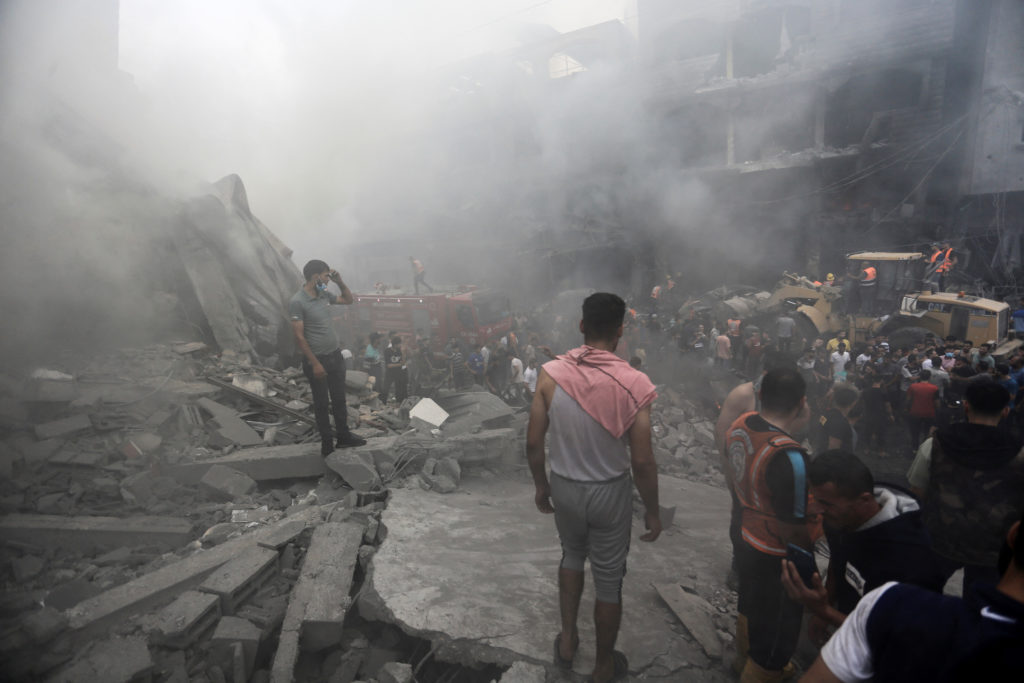Families of Israelis held hostage in Gaza have told the BBC they are hopeful that US President Donald Trump's plan for ending the war will bring their loved ones home.
Viki Cohen, whose son Nimrod is among 20 hostages held in Gaza who are still believed to be alive, expressed a mix of hope and fear: It is a fragile situation and we don't want to be disappointed again. And yet I feel hope that soon I will see Nimrod and I can hug [him] again.
Nimrod was kidnapped by Hamas during the October 7, 2023 attacks, which saw a total of 251 people taken hostage and around 1,200 others killed. Recently, Hamas agreed to negotiate terms for the release of all remaining hostages but sought to clarify key points from the peace plan.
Following Hamas's response, President Trump remarked on social media that he believed both sides were ready for a lasting peace, urging Israel to cease bombing Gaza to facilitate safe hostage release. In turn, Israeli Prime Minister Benjamin Netanyahu indicated his administration is prepared to act on the first phase of Trump's peace plan.
In Tel Aviv, tens of thousands rallied in solidarity for hostage families, chanting supportive slogans as relatives called for the safe return of their loved ones. Einav Zangauker, whose son Matan is among those held captive, stressed the deep personal stakes involved, saying, To you they're just hostages, but to me that's my boy. He's my life. The hostages are the beating heart of the country.
While many families express cautious optimism, some voices raised concerns over the uncertainty of the agreement's outcomes. Former hostage Omer Shem Tov urged Trump to ensure that the deal reaches fruition, emphasizing the urgency of support and international attention.
As emotions oscillate, many families are reminded of the fragile nature of peace negotiations and the deep personal implications of each delay, highlighting a community torn between hope and fear amidst ongoing conflict.



















